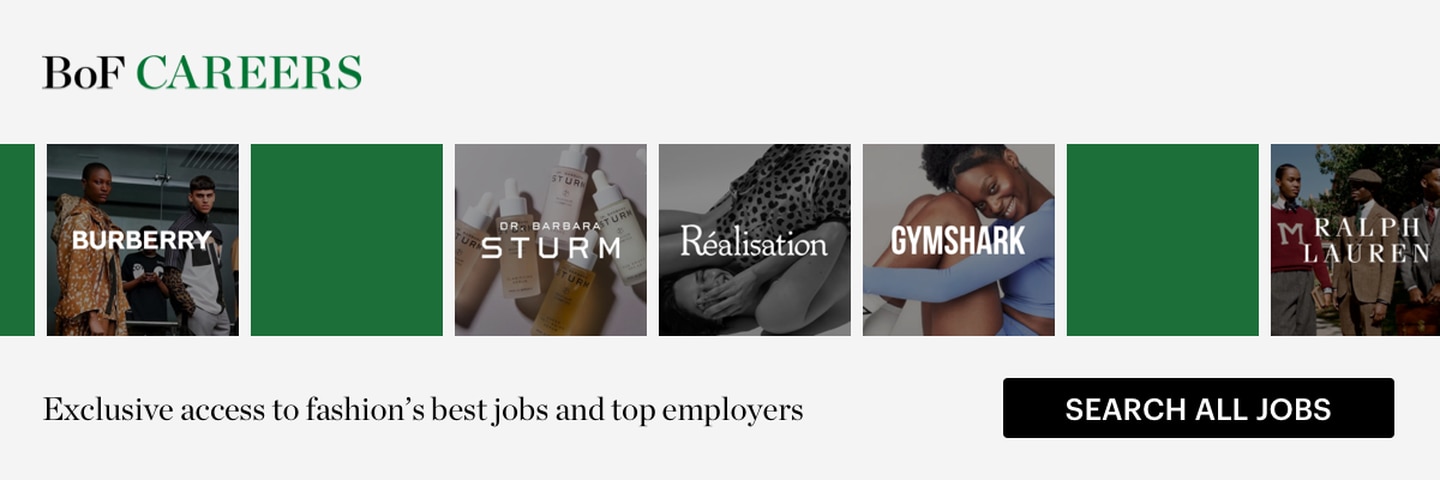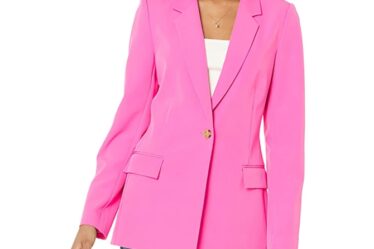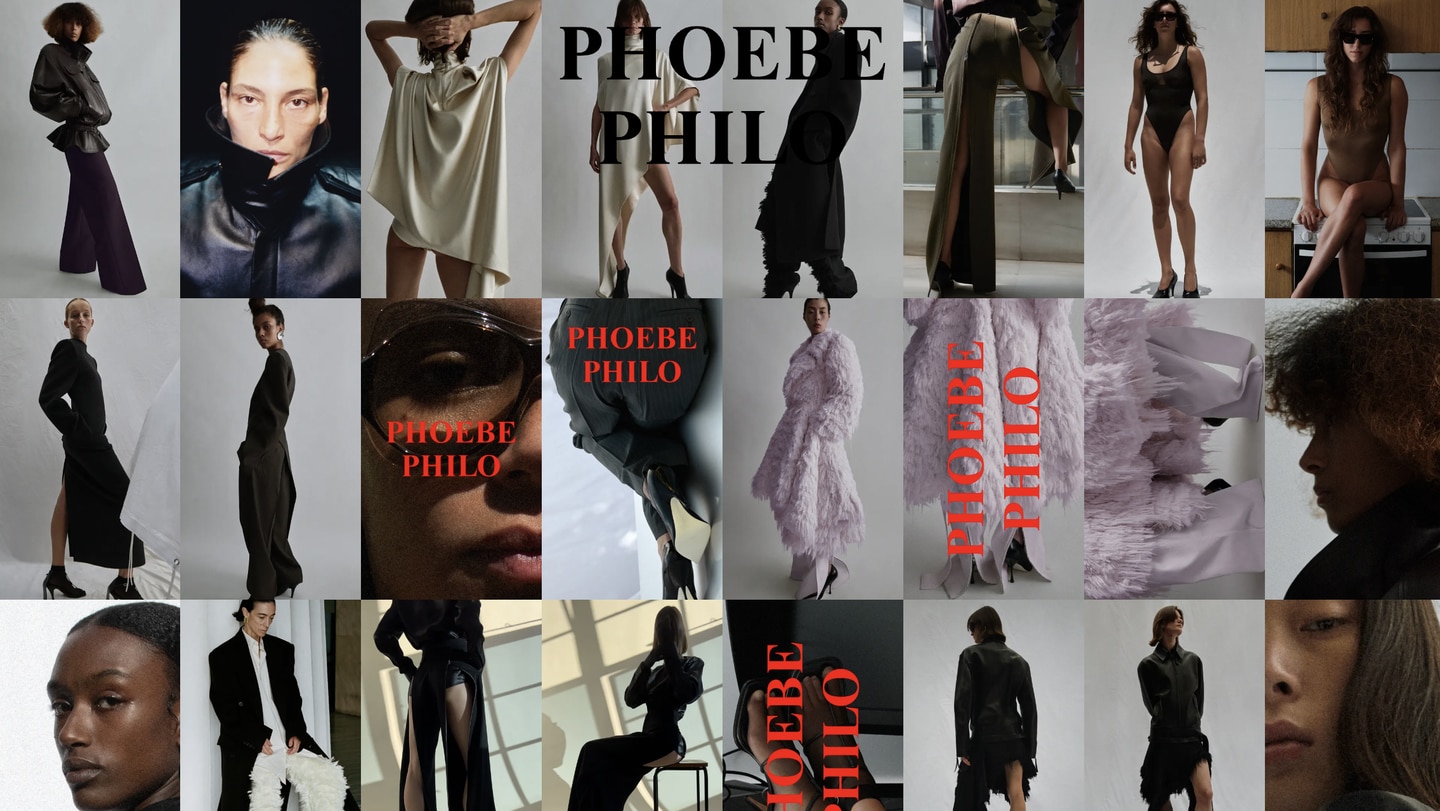
Discover the most relevant industry news and insights for fashion professionals working in retail, updated each month to enable you to excel in job interviews, promotion conversations or perform better in the workplace by increasing your market awareness and emulating market leaders.
BoF Careers distills business intelligence from across the breadth of our content — editorial briefings, newsletters, case studies, podcasts and events — to deliver key takeaways and learnings tailored to your job function, listed alongside a selection of the most exciting live jobs advertised by BoF Careers partners.
Explore global job opportunities in retail on BoF Careers today, from a retail manager at The Bicester Collection and a retail sales associate and stylist at Space 519 to a retail operations specialist at Toteme or a store supervisor at Studio Nicholson.
Key articles and need-to-know insights for retail professionals today:
1. Phoebe Philo’s First Drop, Explained
Star designer Phoebe Philo has released the first drop from her long-awaited namesake brand via phoebephilo.com. […] The drop is the first delivery of what Philo is calling A1, the first instalment or “edit” from “a seasonless, continuous body of work.” The collection contains 150 styles across ready-to-wear, bags, shoes and other accessories, all with little-to-no branding. Sunglasses start at $450, while shearling jackets top out above $20,000. Leather bags run from $3,500 to $8,500.
Philo’s first drop is available only via her own website. There is no physical retail, nor wholesale distribution, keeping costs low and margins high. Volumes have been sharply limited so the site offers “notably less than anticipated want.” The focus on scarcity, in some ways reminiscent of the model perfected by streetwear giant Supreme, is designed to ensure demand always outstrips supply, creating a sense of urgency amongst would-be shoppers and eliminating the risk of unsold inventory.
2. Fast Fashion’s M&A Frenzy, Explained
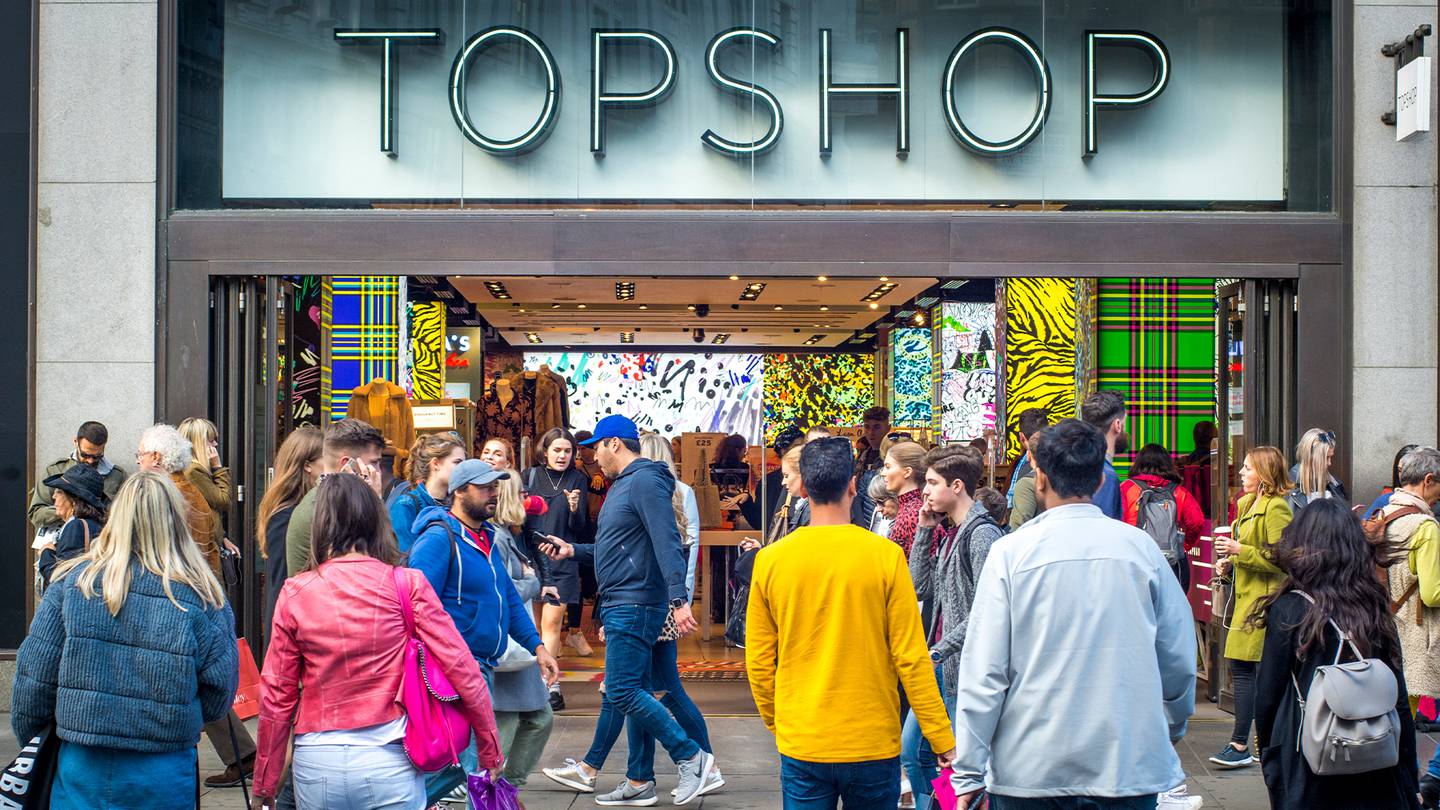
In yet another blow to the UK’s once-thriving fast-fashion sector, Asos reported earlier this week that its annual sales fell 10 percent year-on-year, while losses widened nearly tenfold: from £32 million ($39 million) to £297 million ($362 million). Asos also said things will get worse before they get better, forecasting a further five to 10 percent sales decline in the coming year. Its stock price is down over 30 percent year-to-date and is trading close to a 14-year low.
“When the wave of digital-first fast fashion brands first disrupted the market, there was far less competition,” said Jacqueline Windsor, head of retail at PwC UK. “But now they’re up against younger, more agile fast fashion companies; you have DTC brands opening stores; and you have newer business models like rental and resale, all of them competing for a consumer wallet that is growing at best by mid-single digits.”
3. Why Shein Keeps Buying Its Rivals
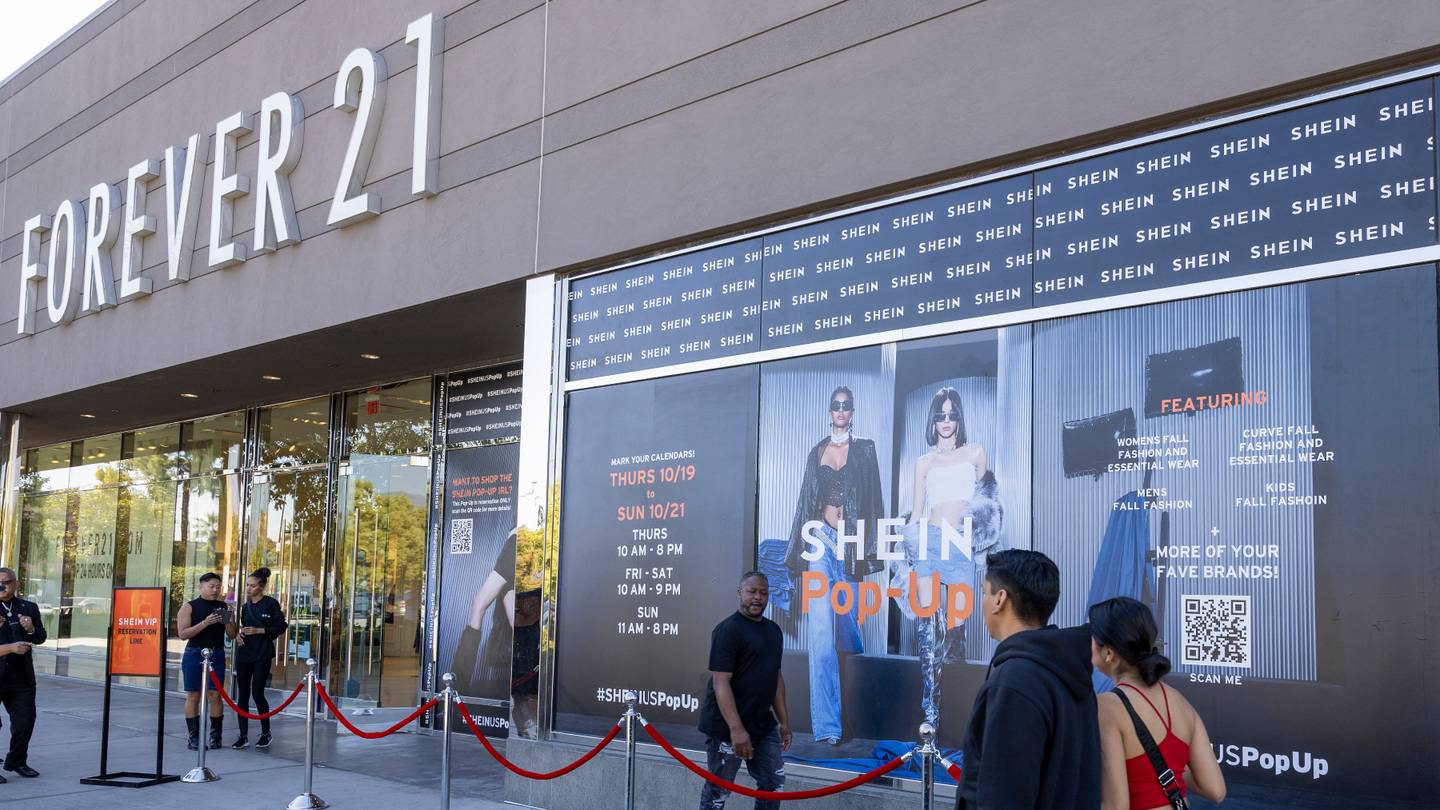
Earlier this week, Shein announced it had acquired UK-based Missguided from Frasers Group. The deal includes the intellectual property of Missguided and will result in a joint venture between Shein and Missguided founder Nitin Passi that will licence the brand. “The joint venture we have entered ushers in a new format of partnerships for Shein,” Shein executive chairman Donald Tang said in a statement Monday.
A smart acquisition provides the buyer with access to new products, new consumers, or both. For Shein, the emphasis is on the latter. The Singapore-based retailer is eyeing an initial public offering, according to media reports. In addition to regulatory hurdles, Shein must make the case to prospective investors that it has a plan to grow after it’s gone public.
4. Are Sky-High Valuations Back in Fashion?
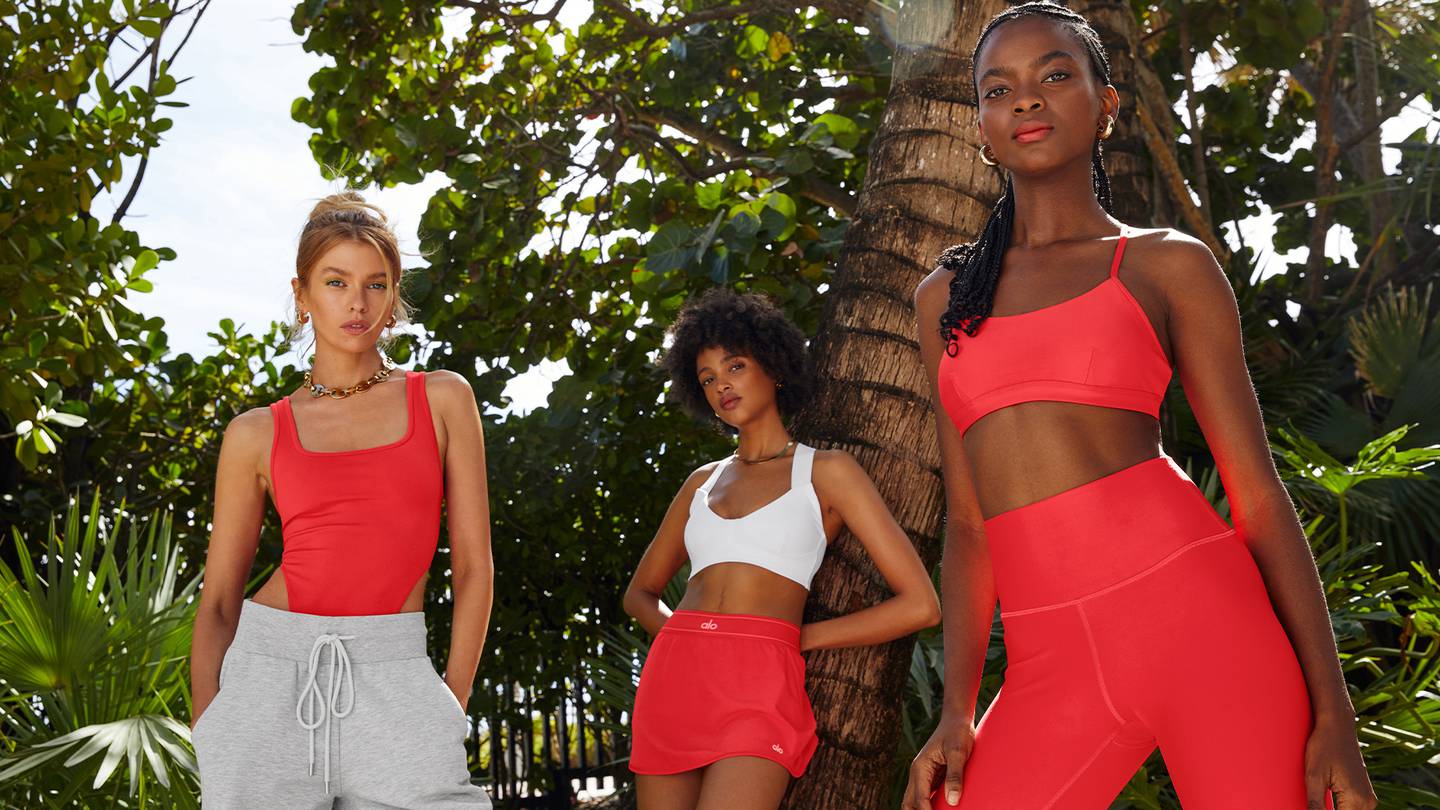
According to a Reuters report this week, athleisure brand Alo Yoga is “exploring a potential investment” that could value the company at as much as $10 billion. […] Of the athleisure upstarts that are vying for pieces of the ever-growing sportswear market, Alo has managed to distinguish itself with its fashion-forward, celebrity-loved (Kendall Jenner, Katie Holmes and Taylor Swift are fans) approach to the category. Still, a $10 billion valuation is one-fifth of the market capitalisation of Lululemon, the category leader.
Whether Alo actually nabs such a high valuation remains to be seen. As last month’s Birkenstock IPO proved, the gap between a company’s perception of its worth and the market’s can be quite large. But it’s undeniable that, nearly two years after the direct-to-consumer bubble started leaking air, money is flowing into fashion and beauty brands again.
5. The Retailer That Finally Got Rental Right
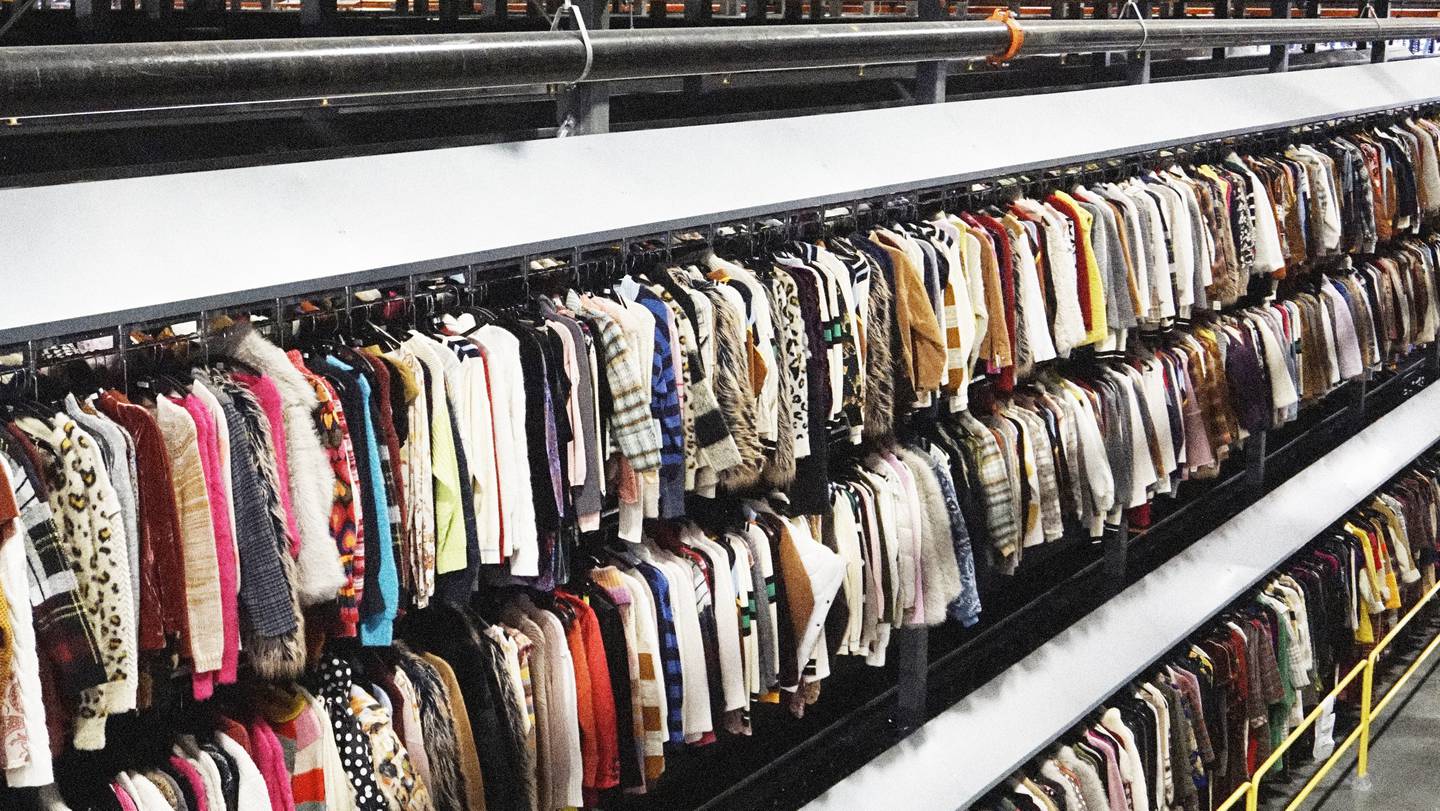
Though Rent the Runway had a nearly 10-year head start, Nuuly, a rental service launched by Urban Outfitters Inc. in 2019, has vaulted past its competitor by some measures. In October, Nuuly had over 190,000 subscribers, compared to Rent the Runway’s 141,000 average active users in the second quarter, according to its most recent earnings report. Rent the Runway still generates more revenue, with second-quarter sales of $75.7 million, compared with $55.8 million for Nuuly in a similar period.
Urban Outfitters Inc., which has spent at least $100 million on Nuuly, has made a so-far successful bet that an affordable, more laid back rental option will bring in younger, less-affluent customers who might not have previously considered the concept. It offers a single membership option: $98 for six items per month (Rent the Runway recently raised the number of rental spots for a similarly priced tier from four to five).
6. Amazon’s Playbook for Happy Holidays: Discounts, Same-Day Delivery and AI
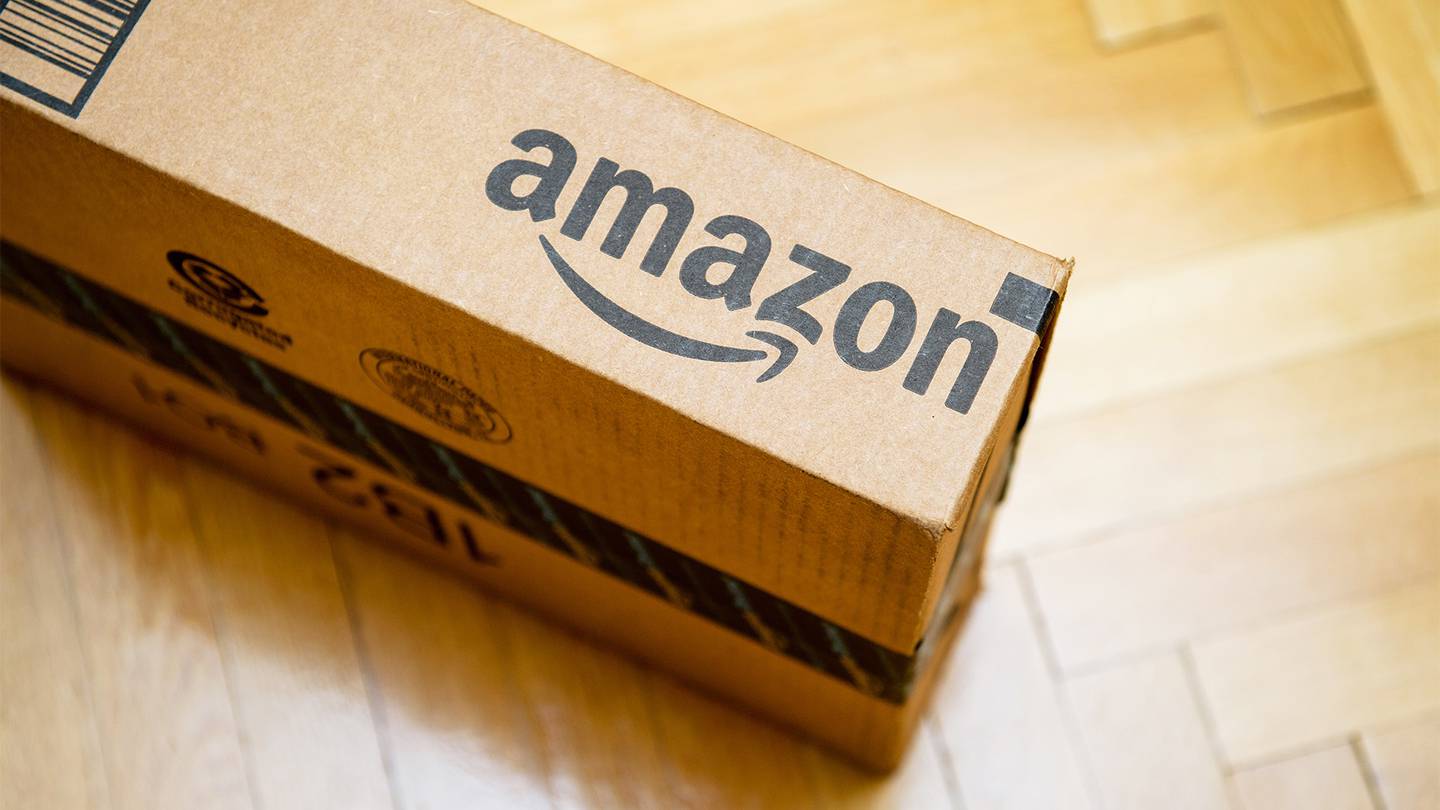
Generative AI will be Amazon’s secret weapon this holiday season, leveraging data from its more than 160 million Prime subscribers to improve ad targeting and allowing merchants to produce promotions quickly. Apart from fast shipping and the usual discounts for Black Friday and Cyber Monday, the company is betting that targeted ads, powered by artificial intelligence (AI), will draw more shoppers and advertisers to its platform.
Amazon chief executive Andy Jassy said on a call Thursday with analysts that machine learning is helping the company present more relevant ads to shoppers. “When [advertisers] have to think about budget decisions, they’re going to choose [ads] that have large volume and perform better. I think both of those are real advantages in our advertising area right now,” Jassy said.
7. What Is VF Corp.’s Plan for Vans and Its Other Struggling Brands?
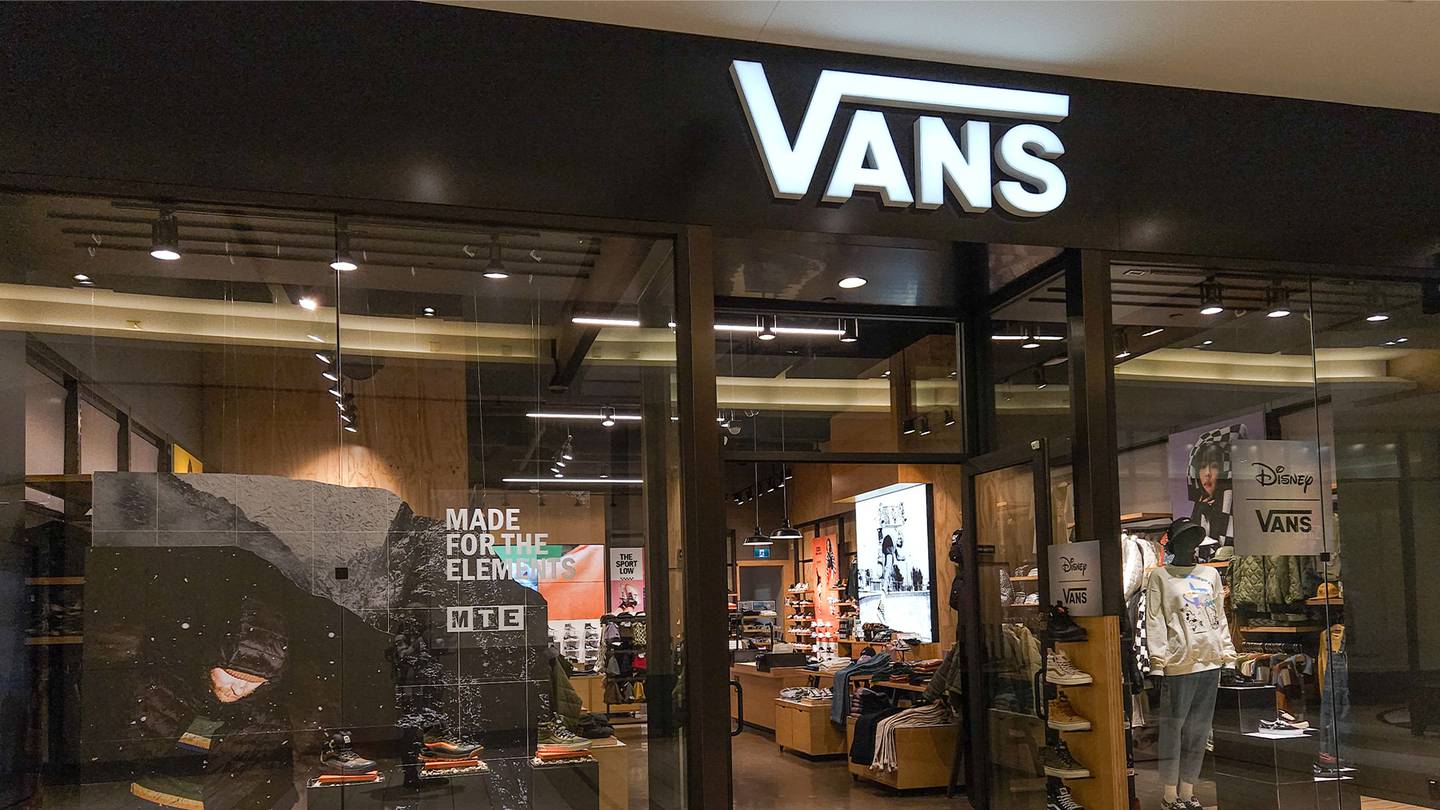
The point of a fashion conglomerate is scale and diversification: resources can be shared across the portfolio, keeping costs down. And if one brand has hit a rough patch, others can pick up the slack. VF Corp. is getting neither of those benefits right now. Three of its four biggest brands — Vans, Timberland and Dickies — are losing customers, and booming sales at The North Face aren’t enough to make up for it.
A pair of activist investors have recently offered up some solutions: sell the non-core brands, cut costs and use the cash those moves free up to pay down debt and resuscitate Vans. Though not mentioned by either fund, Supreme’s struggles since VF’s $2 billion acquisition in 2020 are also weighing on the company’s outlook.
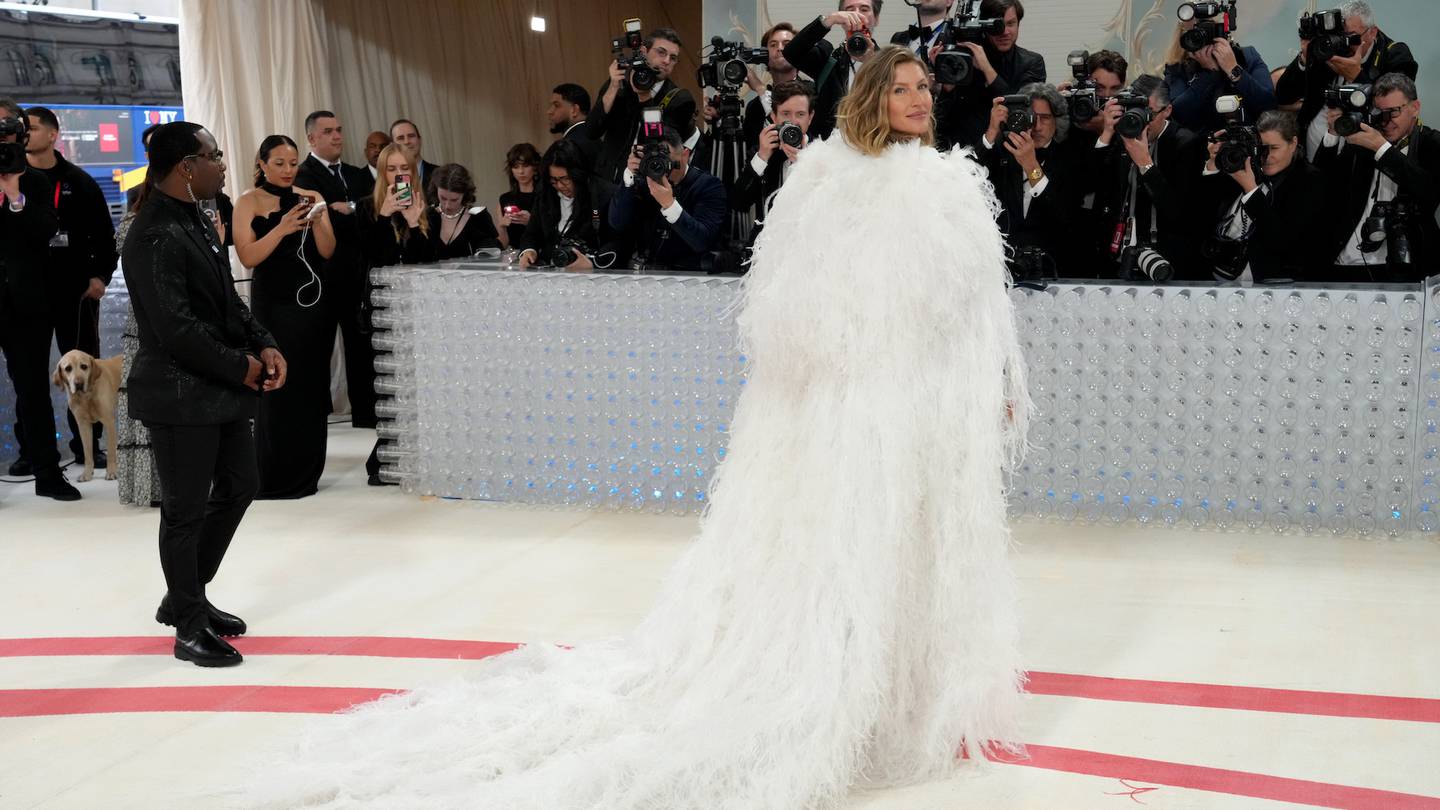
Microscopy and chemical solubility testing on products sourced from The Iconic, Boohoo, Selfridges and Asos confirmed that supposedly faux feathers had been mislabelled, according to a report launched Thursday by Collective Fashion Justice and animal welfare organisation World Animal Protection. […] Boohoo, Asos and Selfridges said they had removed the products identified by the investigation from their websites. Asos’s own testing confirmed the results, while Selfridges found a factory had mislabelled a product containing both Turkey and faux feathers.
All three companies already have policies governing the use of feathers, which they are looking to tighten in various ways. Net-a-Porter also removed and updated a listing after finding a technical error had led to mislabelling. The Iconic has worked with World Animal Protection and Collective Fashion Justice to create its own policy prohibiting the use of decorative feathers in response to the report.
